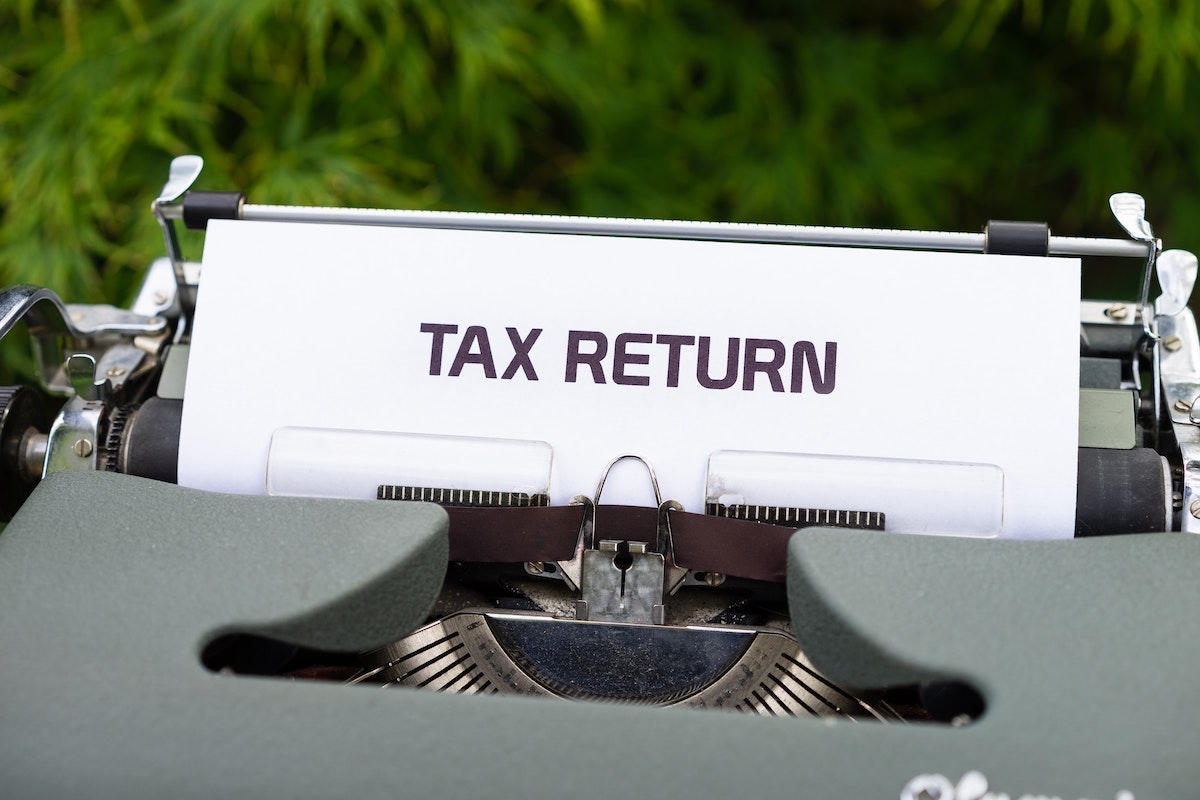 Photo by Markus Winkler on Unsplash
Photo by Markus Winkler on Unsplash
State lawmakers have reportedly reached an agreement with New York Governor Andrew Cuomo on legislation to legalize cannabis for adult-use and establish a licensed commercial market, according to Bloomberg.
The report notes that retail purchases would be subject to a 13% sales tax. On the wholesale side, “Distributors additionally would collect an excise tax of as much as 3 cents per milligram of THC, … with a sliding scale based on the type of product and its potency.” The plan to implement a wholesale excise tax based on THC content would be unique amongst legal cannabis markets in the U.S., with the closest analogue being Illinois’ varying retail sales taxes on different types of cannabis products, some of which are determined by THC content.
Bloomberg also quotes the governor’s office in stating that a “fully implemented” adult-use cannabis market will generate about $350 million per year in tax revenue. This is a relatively small amount for a state as populous as New York, suggesting that business licensing and the number of storefronts permitted may be limited. For comparison, in 2020, Colorado’s adult-use cannabis market generated roughly $375 million in tax revenue for the state, which has less than a third of the population of New York.
The report elaborates that the deal reached between legislators and the governor would allow New York’s 10 existing medical cannabis licenses to open two adult-use storefronts each, while the only other licenses available would be for vertically integrated, “very small businesses,” presumably akin to microbusiness license types that are part of the legalization scheme in some other states.
Given the mandatory vertical integration requirement of the state’s medical cannabis system, it appears that wholesale activity may not be particularly robust in New York’s adult-use market as currently envisioned, at least initially. However, the mention of distributors indicates that it will at least be allowed, unlike the current situation in the state’s medical cannabis system.